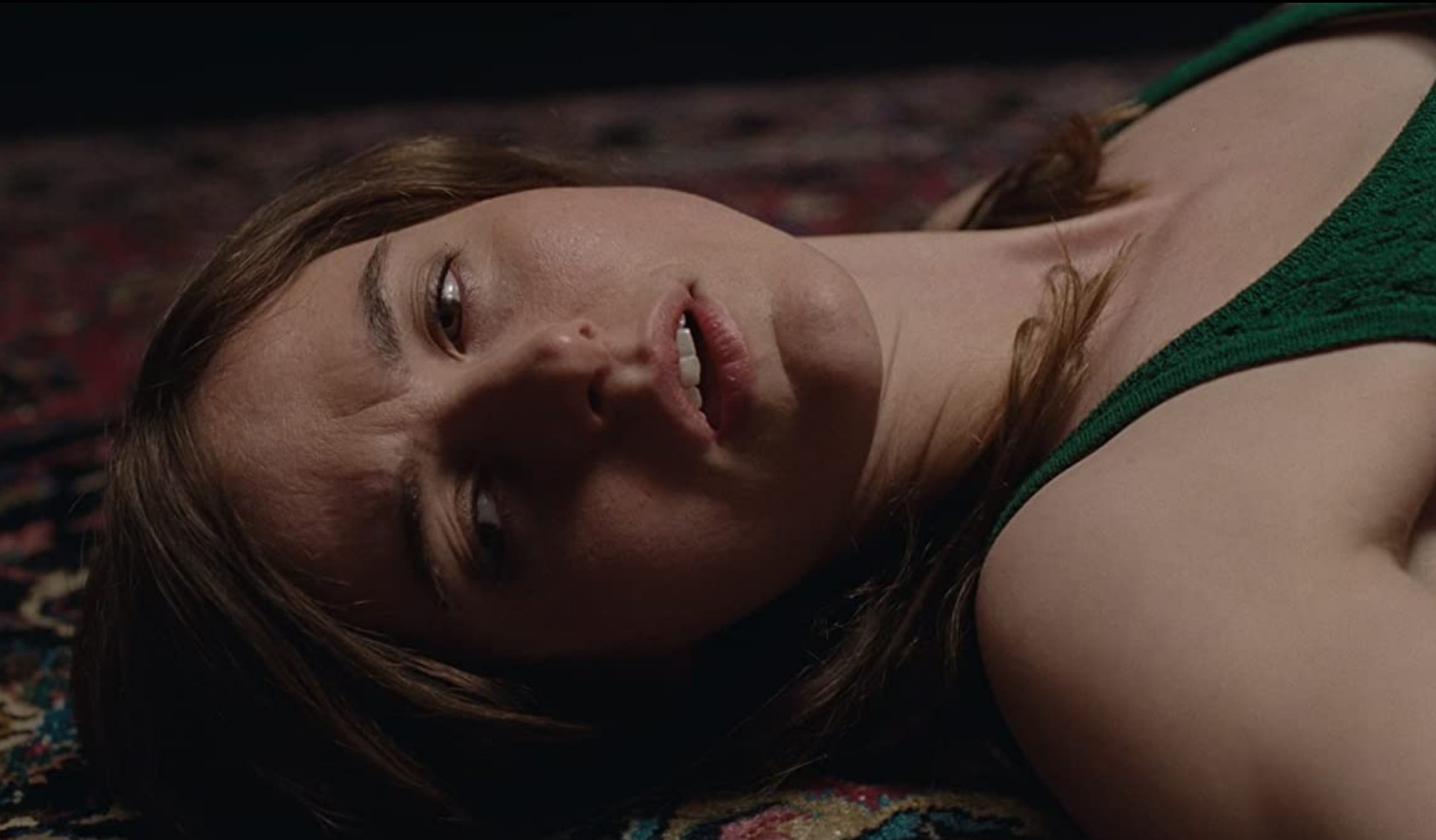
- Film
“The Worst Person in the World” Builds Momentum
The best way to build momentum is to make a splash at Cannes and then to impress around the festival circuit enough to win an Oscar nomination. Joachim Trier’s film The Worst Person in the World did this as its lead, Renate Reinsve, won the 2021 Cannes Film Festival’s Best Actress Award, and it’s currently celebrating nominations for Best International Feature Film and Best Original Screenplay at the 94th Academy Awards.
The film’s Oslo-as-a-romantic-purgatory cinematography immediately lets us know that we are watching, perhaps, the final act in Trier’s loose trilogy which started with 2006’s Reprise and continued with 2011’s Oslo, August 31st. Using familiar faces from the previous films (Reinsve and Anders Danielsen Lie), The Worst Person in the World has been categorized as a romcom or a dramedy, but the film may require a more nuanced classification as it doesn’t aim to resolve itself in formulaic ways.
The story unfolds over 12 chapters, in addition to a prologue and epilogue. This is a nice pacing technique as it adds to the sense of impending romantic doom without many tells as to where the characters will leave us. We first meet Julie (Reinsve) as a smart and indecisive medical student who isn’t afraid to experiment and leave a career or relationship as soon as something more enticing comes along. She eventually settles into working at a bookstore and with Askel (Danielsen Lie) and, in their transitory stillness, she begins to extrapolate about the nature of timing and compatibility.
Perhaps the most significant scene in the film happens on Julie’s 30th birthday as she’s looking at family photos and envisions a montage of her (very unhappy looking) ancestors. She sees the young motherhood ages of the women who came before her and how they settled (in every way) down. Instead of feeling like she’s falling behind, this seems to energize Julie to keep looking for her purpose as she understands her luck in being born at a time when she can finally break generational entrapments.
The film’s main strength is the way it makes the audience aware and uncomfortable with onscreen romantic expectations and trappings. Julie’s male counterparts as more vulnerable and relatable than our romantic protagonist (Danielsen Lie could have also easily won Best Actor at Cannes). In fact, the film just barely passes the Bechdel test, thanks to some quick scenes between Julie and her mother quickly discussing her career, but other than that Julie is only ever shown interacting with her doting boyfriends (she doesn’t seem to have any platonic friends).
Her character development is solely a result of her romantic life which, as a narrative technique, runs the risk of having her come off as one-dimensional—but isn’t this the usual setup for male-focused romantic films? Leading men get to experiment with women on the way to self-realization, they are allowed to make mistakes, and the heartbreak of the women in their lives is often the catalyst for their necessary “awakening”—all without being considered “the worst people in the world,” which is why this movie is both evocative and compelling.